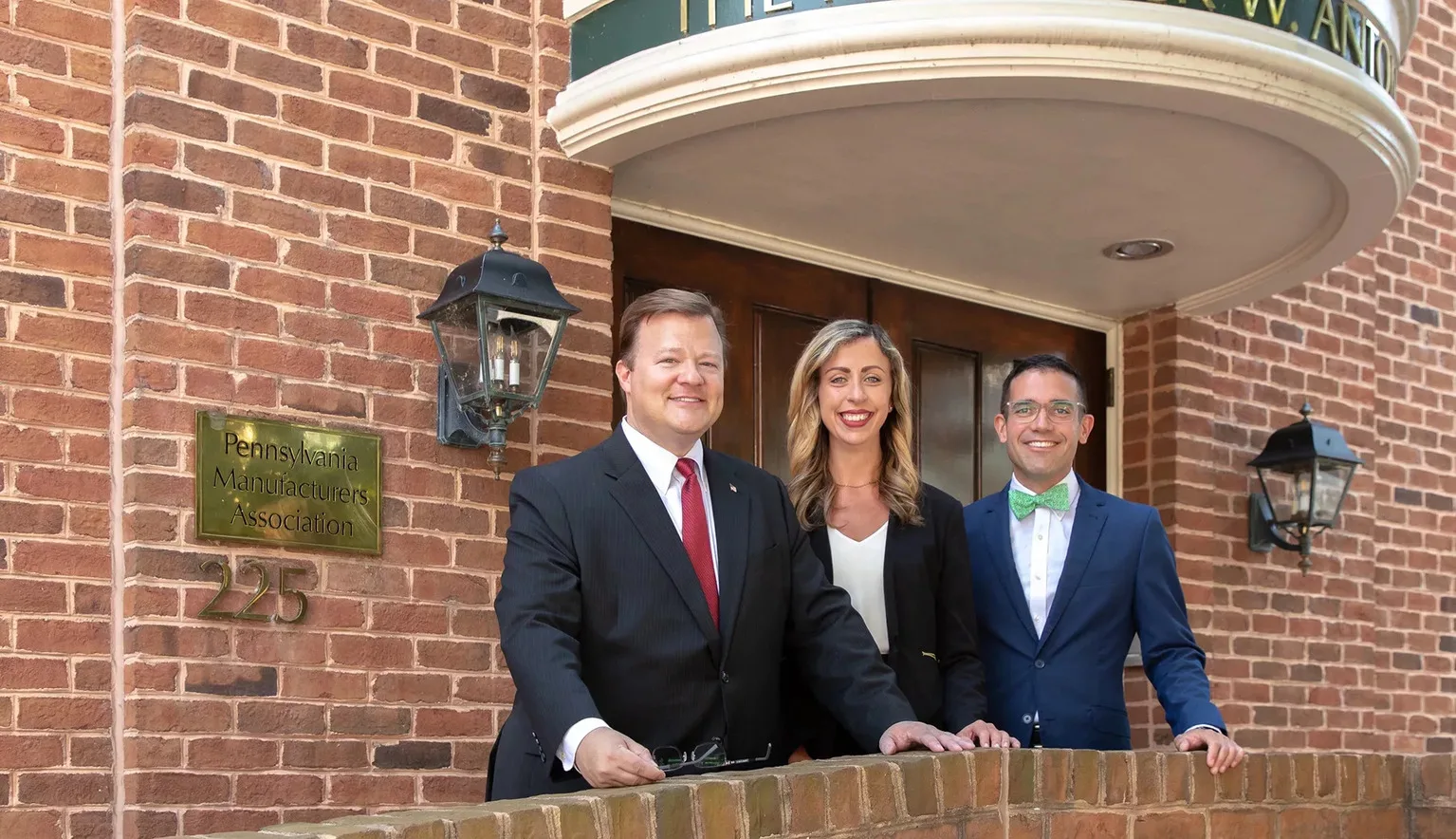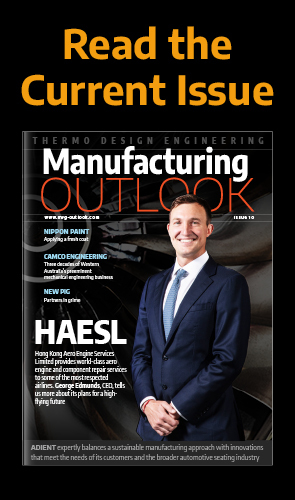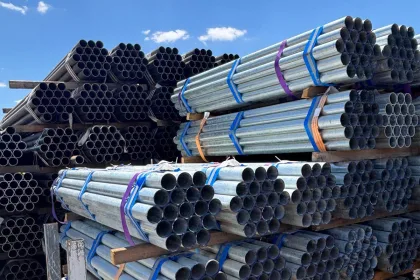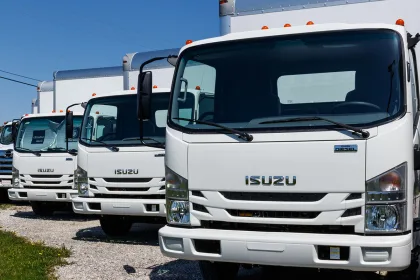Facing the dilemma of unprecedented labor shortages combined with an unexploited energy opportunity of enormous potential, we dive into Pennsylvania’s manufacturing sector with the Pennsylvania Manufacturers Association.
- INTRODUCTION
- Q&A WITH DAVID N. TAYLOR, PRESIDENT & CEO, PMA
- Could you talk us through the origins of the association, how it came about, and its initial vision?
- With regards to the energy sector, how is PA’s natural gas supply impacting the state’s manufacturing industry?
- How does the Pennsylvania Manufacturers Association confront the challenge of workforce development?
- Finally, what are the association’s key priorities for the near future?
INTRODUCTION
Since the early days of North America’s very inception, Pennsylvania (PA) has proven its nickname as ‘the Keystone state’ thanks to its fundamental role both geographically, economically, and politically, in the foundation of the United States. Within the dynamic nexus of the American manufacturing sector, this still rings true today as the state confronts major opportunities that could redefine PA as a polestar for industry investment and unlock economic security on a nationwide scale.
As geopolitical tensions abound on the global energy landscape, PA’s natural gas deposits hold the key to attaining national energy security whilst also providing essential feedstock to local manufacturing facilities. Yet in the fraught context of a heightened environmental movement, this resource remains untapped in its full potential.
At the forefront of fighting for change, and strategically headquartered just a stone’s throw from the state capitol in Harrisburg, the Pennsylvania Manufacturers Association (PMA) is the trade organization at the forefront of championing a competitive industry that combines workforce development with economic prosperity.

“We want to develop the kind of pro-growth environment where people will choose to invest, locate, operate and expand”
David N. Taylor, President & CEO, PMA
Q&A WITH DAVID N. TAYLOR, PRESIDENT & CEO, PMA
President and CEO of the PMA, David N. Taylor, envisions a competitive and prosperous future for Pennsylvanian manufacturing
Could you talk us through the origins of the association, how it came about, and its initial vision?
David N. Taylor, President & CEO (DT): The Pennsylvania Manufacturers Association is the state-wide, not-for-profit trade organization representing the manufacturing sector in Pennsylvania (PA) and our mission is competitiveness. We want to develop the kind of pro-growth environment where people will choose to invest, locate, operate and expand. That’s been the association’s mission from the very beginning. We were founded by a textile manufacturer from Bucks County, a highly influential figure named Joseph Grundy, who ended his career as US Senator for PA.
We interact with the state government to improve PA’s business climate, for example by encouraging spending restraint so that politicians don’t spend money faster than we can earn it which suffocates growth or fighting for pro-growth business tax relief. PA’s business tax structure is currently very poor and the burden is too high. We are also fighting for regulatory reform where such rules are based on sound science and are subject to systematic review to ensure they remain relevant and are working as they should.
Lawsuit abuse is another major challenge for PA, since the Commonwealth is an extremely litigious environment and Philadelphia may be America’s lawsuit abuse capital. A priority of ours is putting reasonable limits on the litigation industry, as is building out the workforce.
We are the official state partner for the National Association of Manufacturers. As allies, we have relationships with many peers throughout other states through the Conference of State Manufacturing Associations (COSMA). Through my position on the COSMA Executive Committee, competitiveness becomes vivid to me, particularly as governmental leaders in other states are far more attuned to the concept that the economy of the productive sector is a garden to be tended to, rather than a beast of burden to be whipped.
“The economy of the productive sector is a garden to be tended, rather than a beast of burden to be whipped”
David N. Taylor, President & CEO, PMA
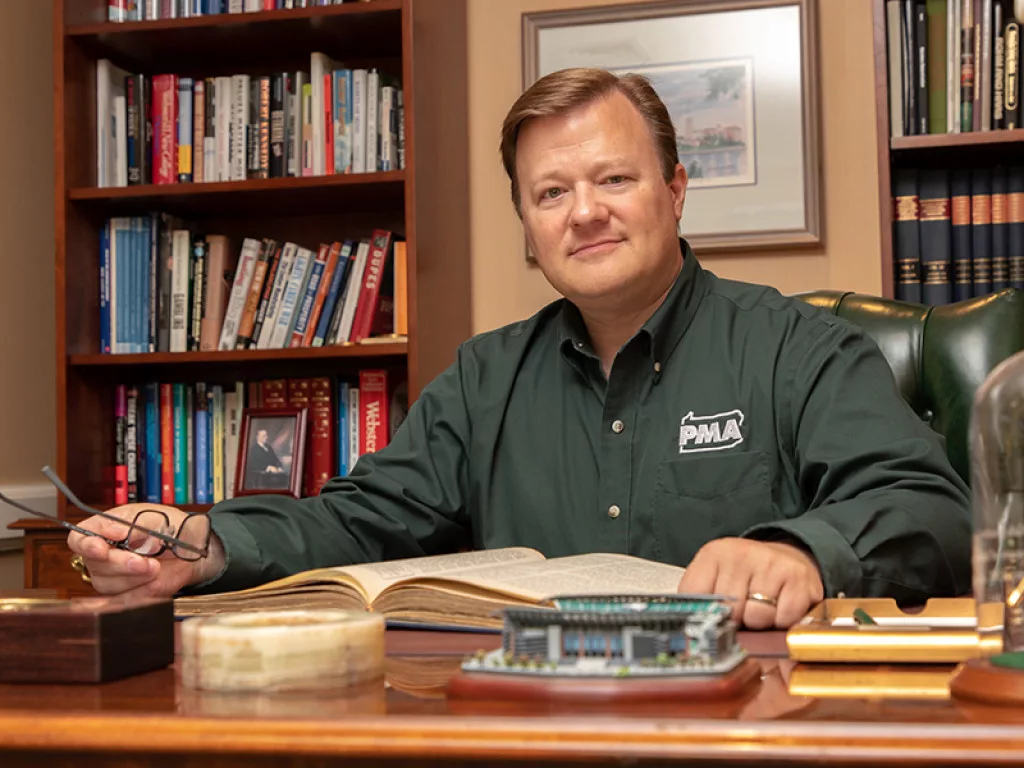
With regards to the energy sector, how is PA’s natural gas supply impacting the state’s manufacturing industry?
DT: It is a godsend, and we need to appreciate its full enormity. When the Marcellus Shale Natural Gas Play was discovered in 2005, PA was an importer of natural gas, and the energy that we harvested was only enough for 25 percent of our in-state needs. Since production ramped up in 2008, PA has become the second-largest producer of natural gas in America, behind Texas. These two states combined generate just over half of the US’ natural gas production, and PA’s contribution to that portfolio has helped make America a global energy leader.
However, this industry is still in development. In Texas, natural gas is a co-product of drilling for oil, and the state benefits from a mature energy sector with a stable legal and regulatory climate, and billions of dollars of state-of-the-art infrastructure. In PA, we are still putting the major arteries in the ground to connect the energy from where it’s harvested to the downstream industrial, commercial, and residential customers. There is enormous potential for this to become so much bigger than it currently is and it’s a major part of what we’re fighting for.
Firstly, all manufacturing processes consume enormous amounts of energy, and this tends to be the highest cost input for most manufacturers. Therefore, to have abundant, available, and affordable energy is a huge competitive advantage. Depending on your location in the state, the natural gas either comes out of the ground as pure methane, which doesn’t require separating or processing (dry gas), or it contains an abundance of other chemicals such as ethane (wet gas). Whilst dry gas is ready to go straight to the pipe for use, the other chemicals found in wet gas are all feedstocks for manufacturing.
In Beaver County, Royal Dutch Shell has invested roughly eight billion dollars in an ethane processing facility that will become operational in a few months. This operation will be able to convert the ethane and produce millions of tons of polyethylene every year. Polyethylene is at the top of a spectrum of products from which you can derive every kind of plastic, rubber, Styrofoam, solvents, and adhesives – all of these inputs are used in everyday consumer goods.
It is estimated that this region could support seven plants the size of the Shell facility, and by enabling access to that feedstock, we are creating an economic reason for people to want to locate their manufacturing facilities in Western PA.
However, the environmentalist movement means that we confront a lot of propaganda and agitation. On the New York state border in north-eastern PA, you will find the number one gas-producing county in America – Susquehanna County – with close proximity to major New England states such as Massachusetts and Connecticut. But since the state of New York has prevented us from building the infrastructure we need, we can’t get a volume of energy to those states. If we could, it would displace significant amounts of home heating oil and wood-burning stoves that emit more carbon than natural gas, so it would effectively reduce carbon emissions. We are going to keep fighting for this until we win because it’s too important for our state, for our sector, for general prosperity, but especially for American economic strength and the national security of being a major energy provider. This is the good that PA can do for America, and for the world.
How does the Pennsylvania Manufacturers Association confront the challenge of workforce development?
DT: This is the most complex and multi-faceted challenge that we face, and it remains a grave concern to employers since it can be a cap on economic growth. There’s business to be had, but if manufacturers can’t find the qualified new hires to fully staff their work, then what’s the point in bidding on a new contract?
PMA supports a strong workforce by working for educational reform. The US public school system is very expensive, and yet too often delivers very mediocre results for our young people. By supporting scholarships, charter schools, and the kinds of innovations that introduce accountability and market competition in the same way that FedEx, DHL, and UPS have improved the performance of the US postal service, we want to help public schools to improve.
PA is incredibly diverse, but we are one of the most rural states in America with the largest number of people living in small towns, villages, or farmsteads. Meanwhile, Philadelphia is a major metropolitan area and one of America’s largest cities, but it is also among the poorest. As with Pittsburgh, there are extremely wealthy suburban areas, but generally a very troubled urban core. The way that you are assigned to a school as a student entirely depends on your ZIP code, and the state is both the provider of the service you receive there and the guarantor of its quality. The only other case where this applies is the prison system.
In the virtual charter school where I serve on the school board, the one thing common to the diverse group of students and the places they come from is the need to find something different from what is offered at their local ZIP-based public school.
Aside from supporting educational reform by trying to improve public schools, we also try to make people understand the great career opportunities found within manufacturing and the skilled trades. We have a state-wide television program where we feature tours of places like the Penn College of Technology in Williamsport, the Thaddeus Stevens College in Lancaster, and other PA institutions.
We have a cultural problem that encourages enrolment into college education as the standard, but this shouldn’t be the answer for everyone. If a society doesn’t have the doers and makers – electricians, forklift drivers, plumbers, steelworkers and so on, we would be without our entire modern civilization.
To treat as “grease monkeys” the people who sustain that work is a terrible dereliction. This is part of what we try to convey with our messaging and our educational outreach – to help people understand that there are great careers waiting, with family-sustaining wages, benefits and pensions, and that any honest work is honorable and we need to appreciate one another much more.
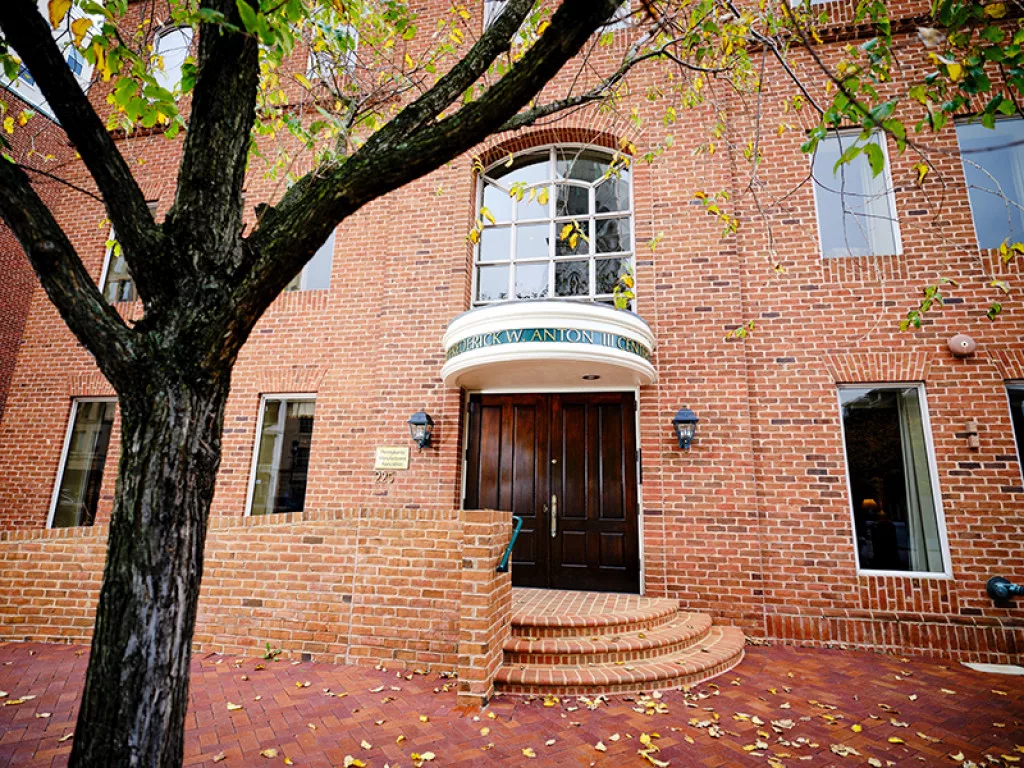
Finally, what are the association’s key priorities for the near future?
DT: We will continue to work with the goal of competitiveness. As with many states, part of our problem is that we’re terribly parochial and looking beyond our borders isn’t something that our leaders do often. We need to benchmark PA against nearby high-performing states including Indiana and North Carolina. We need the government to live within its means, and we need to prioritize business tax relief, limit lawsuit abuse, streamline the regulatory process and lift those burdens, and build out the workforce, especially with the energy opportunity. We want to maximize domestic energy production in the Commonwealth and build out the infrastructure to deliver it to customers. We need to harness this wealth and bring it to the surface so that it can benefit human beings and supercharge our economy.



